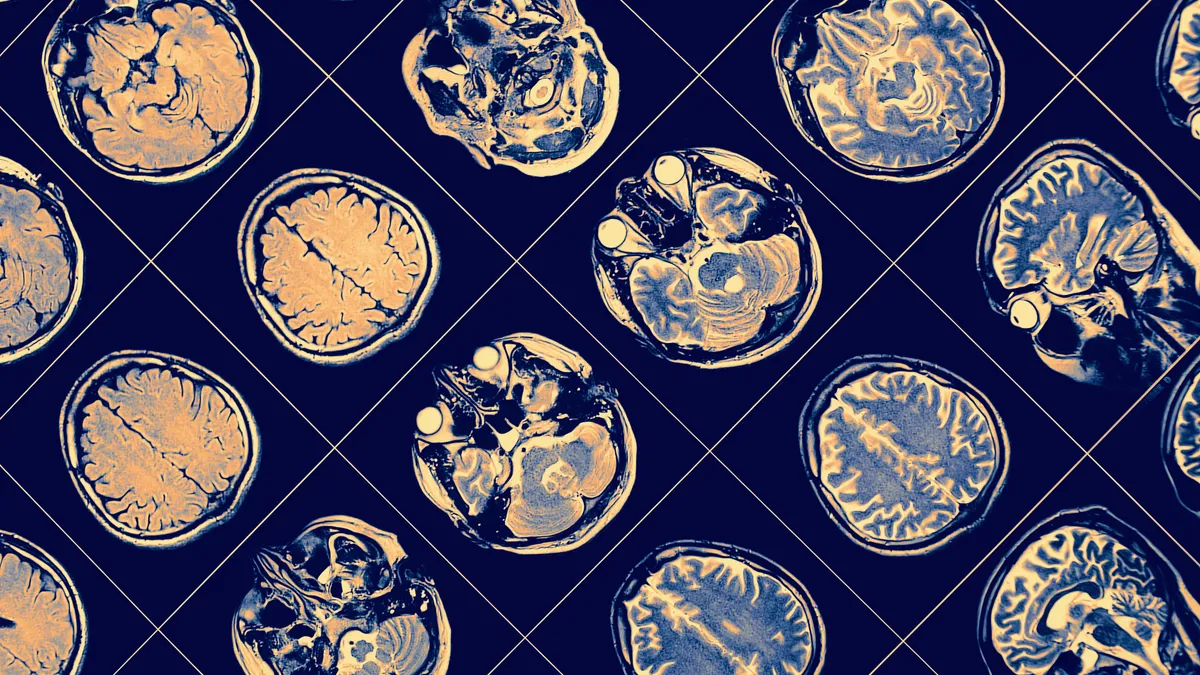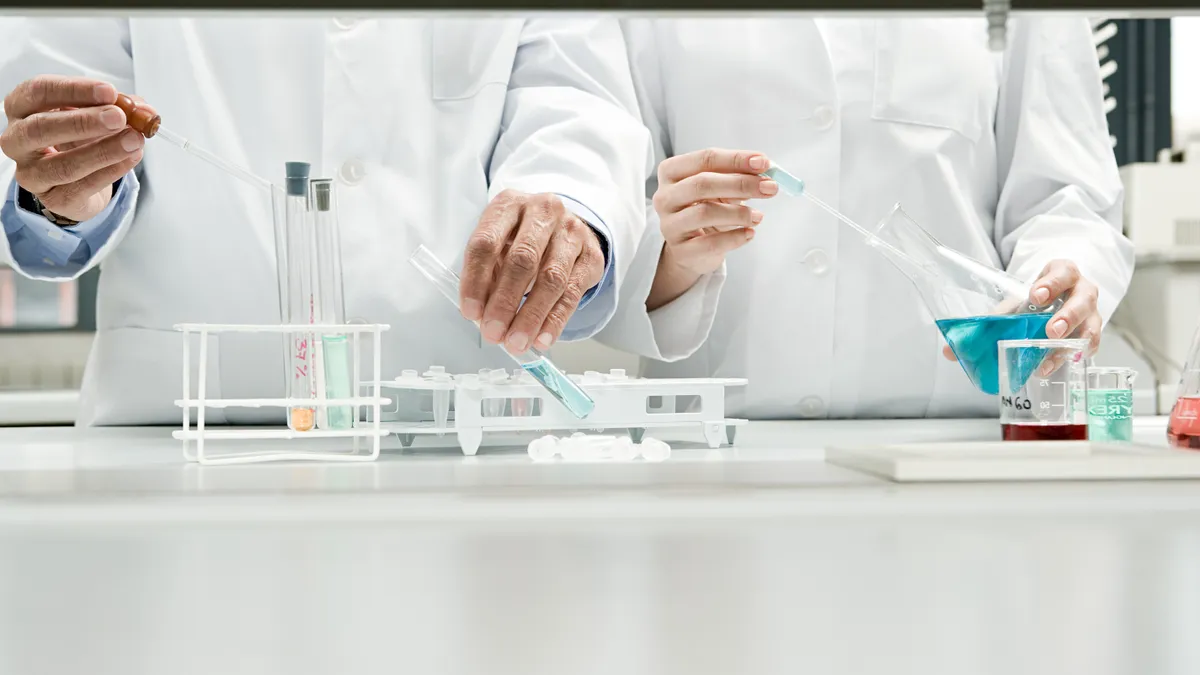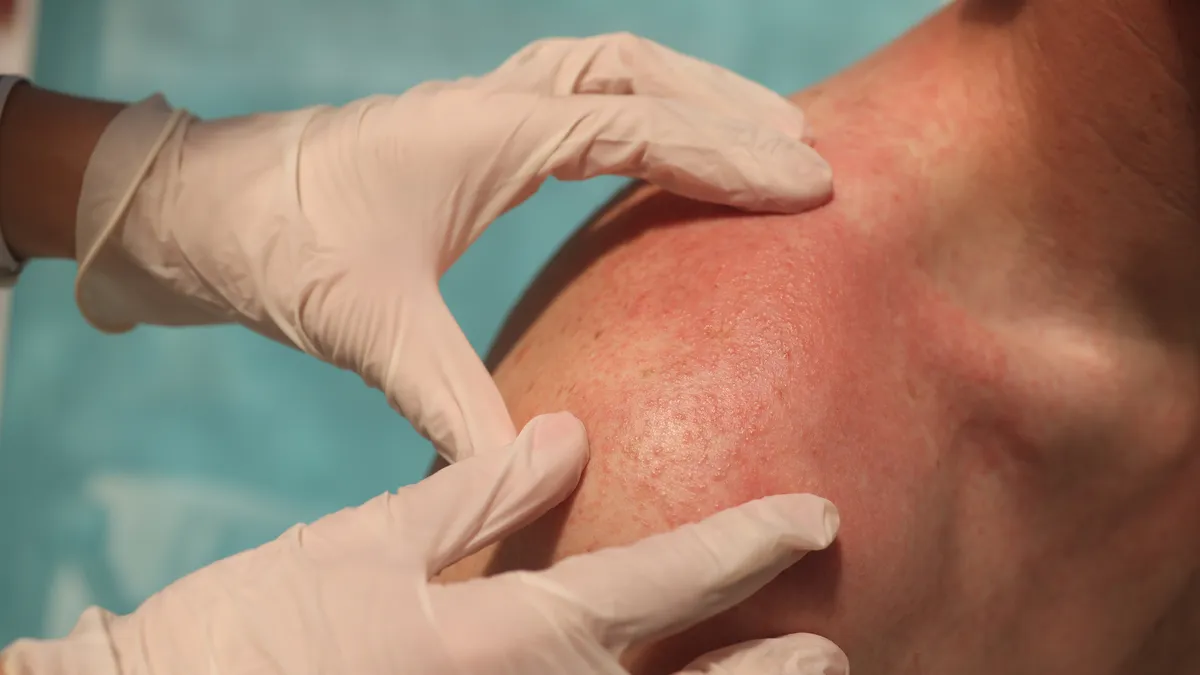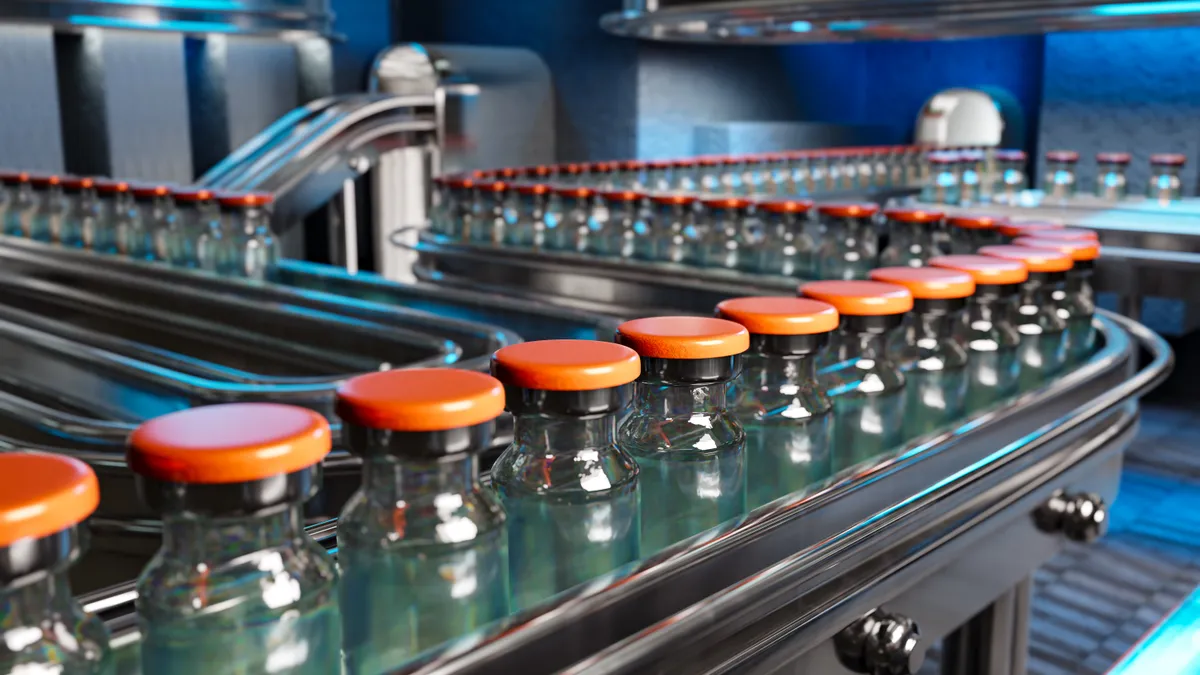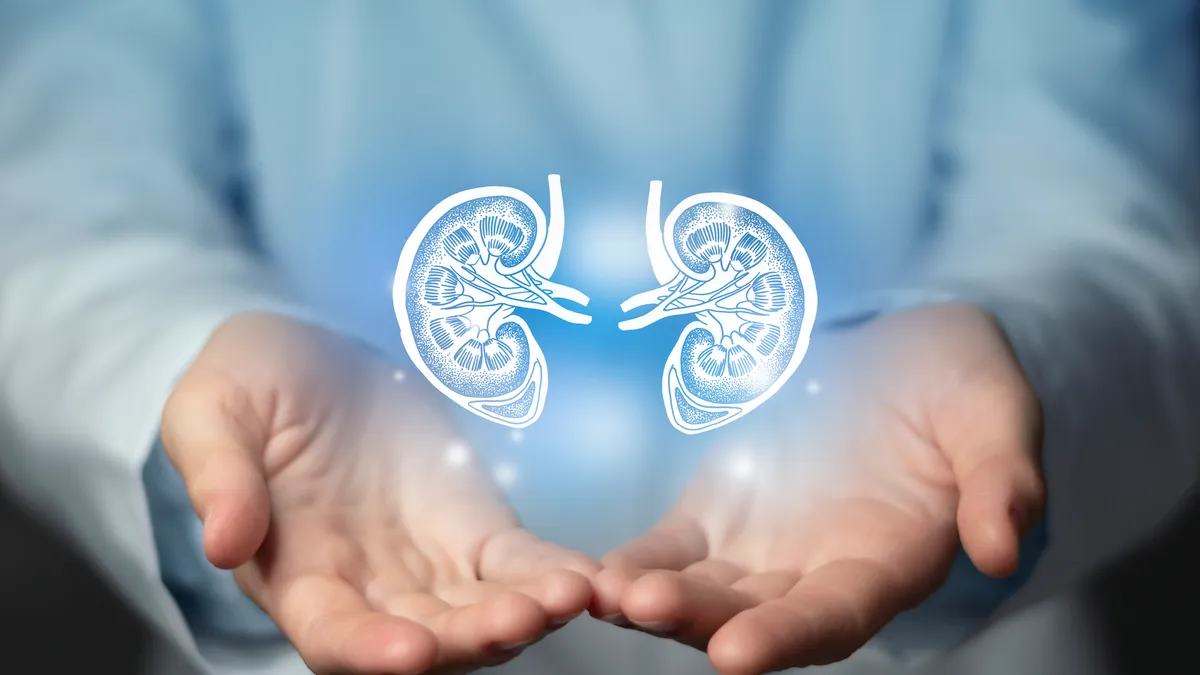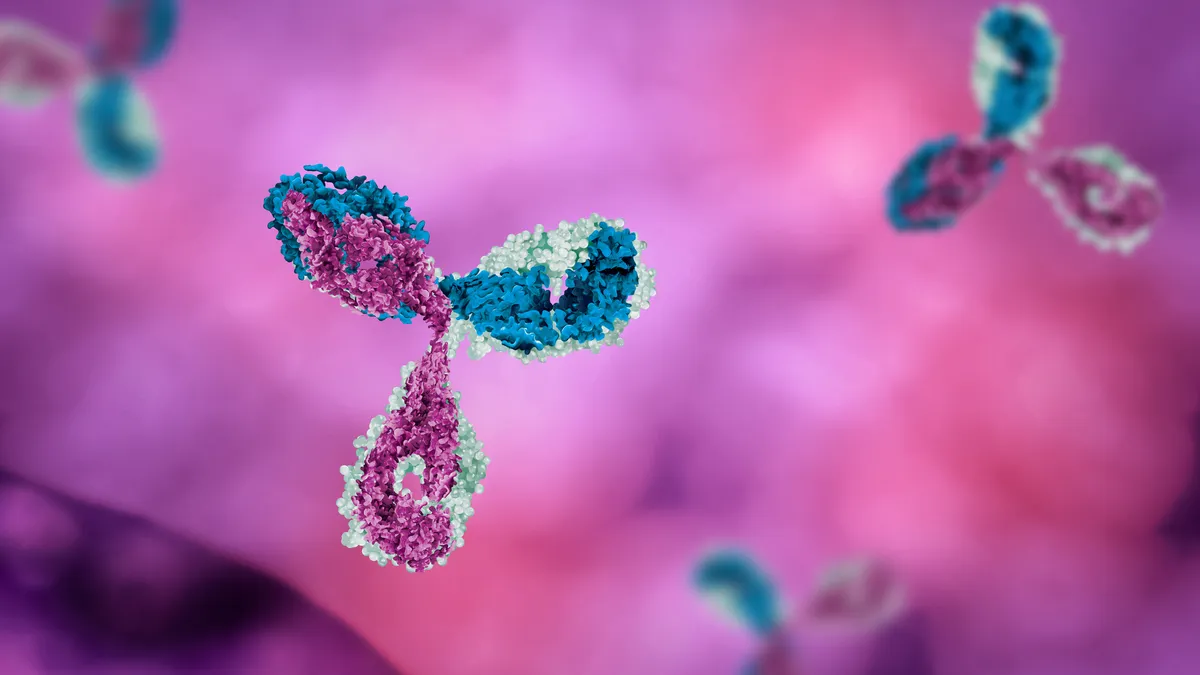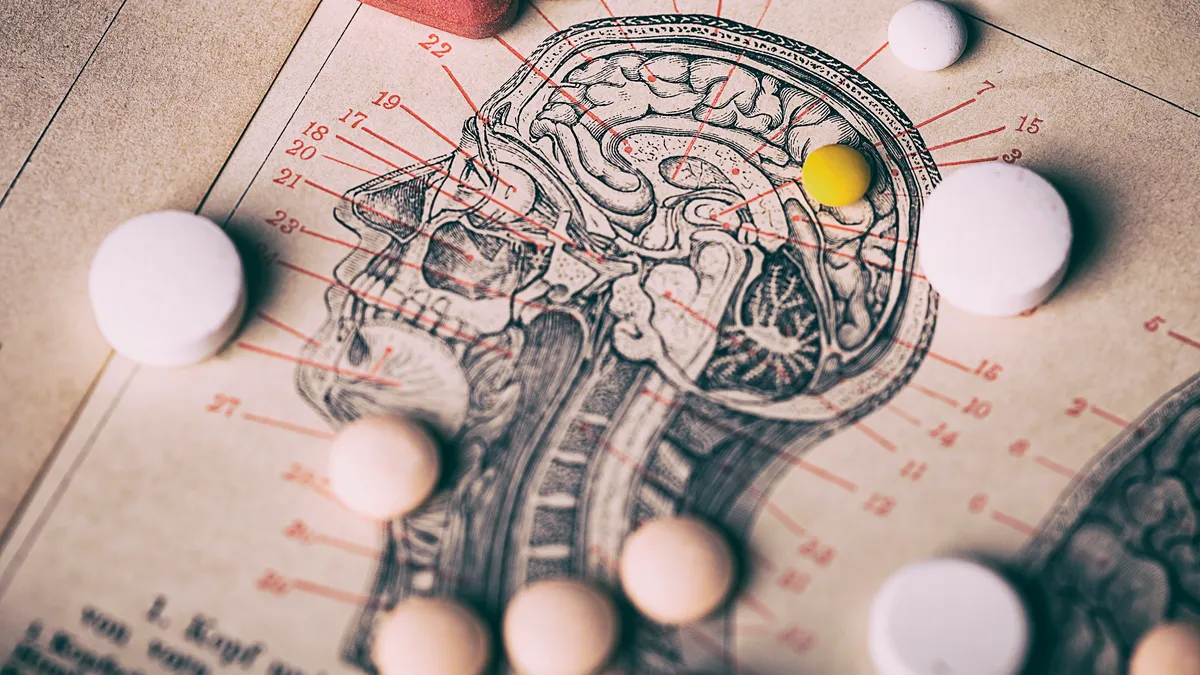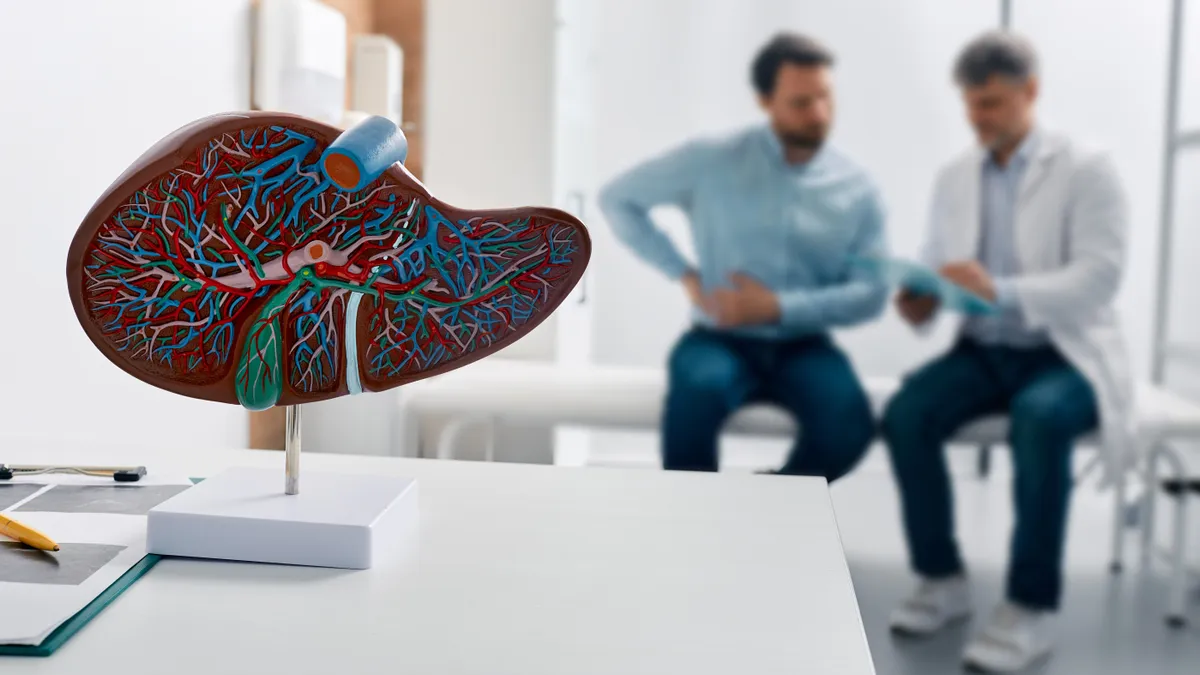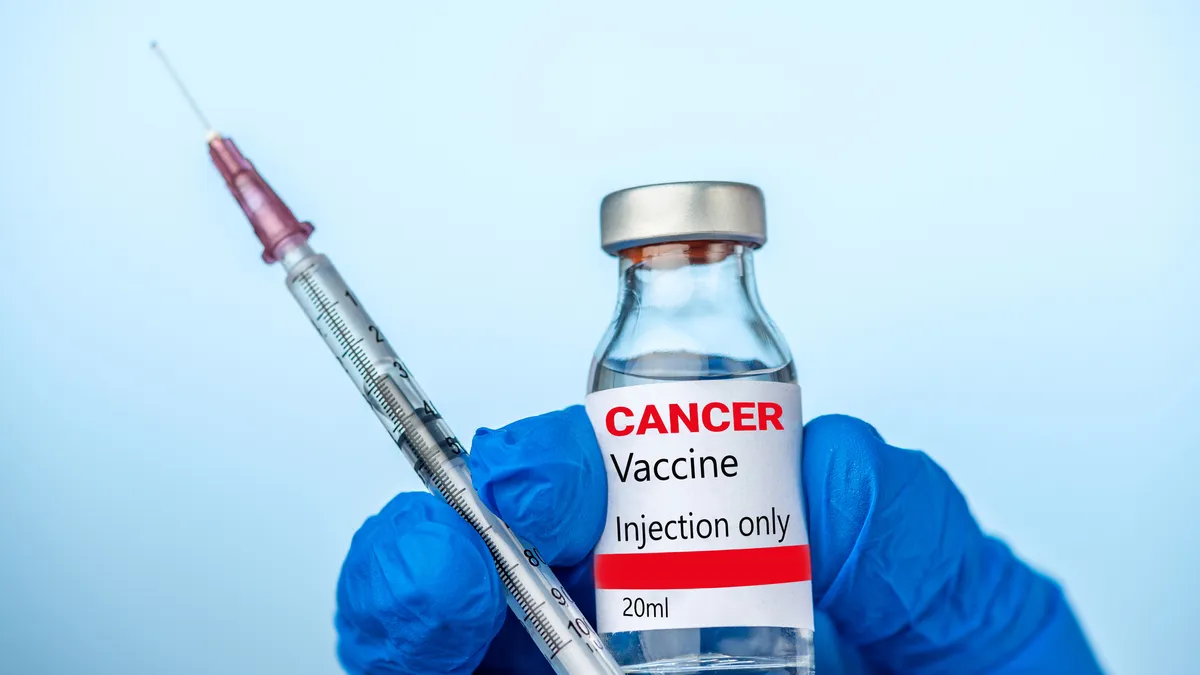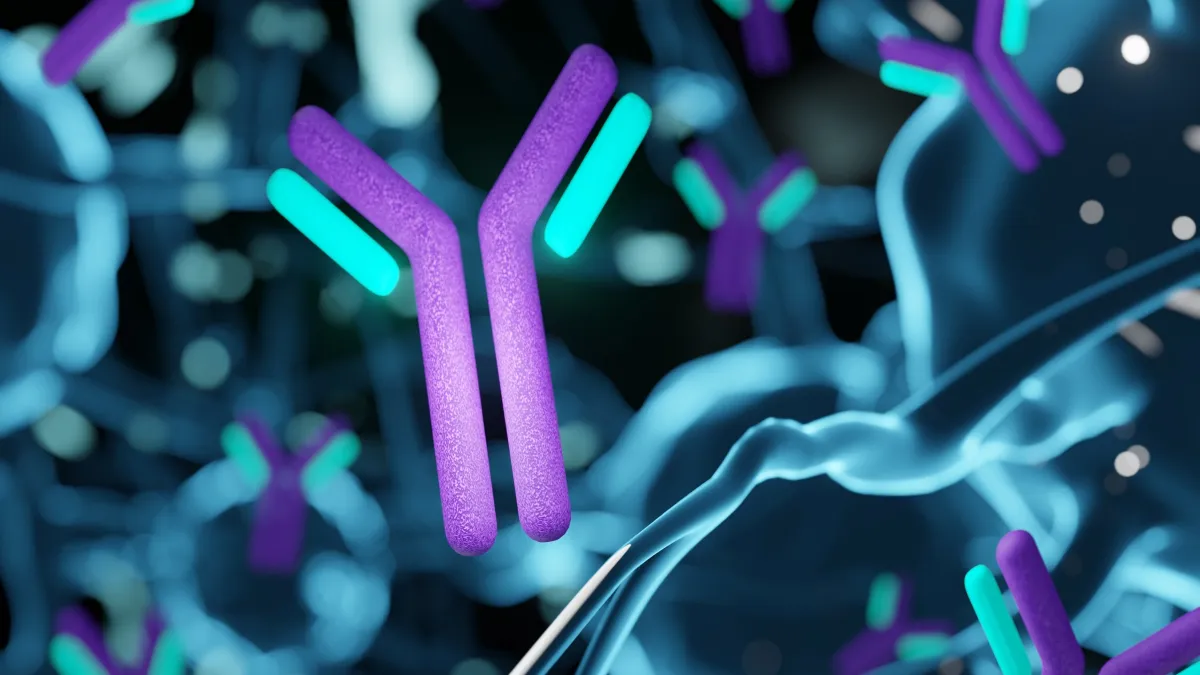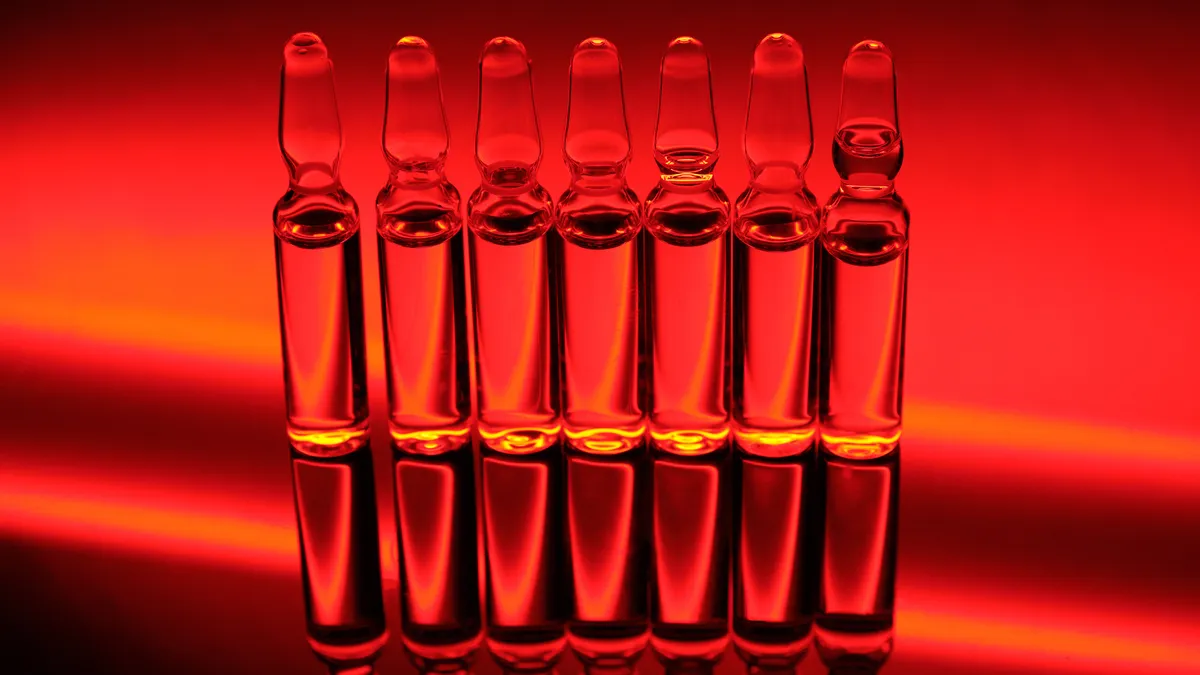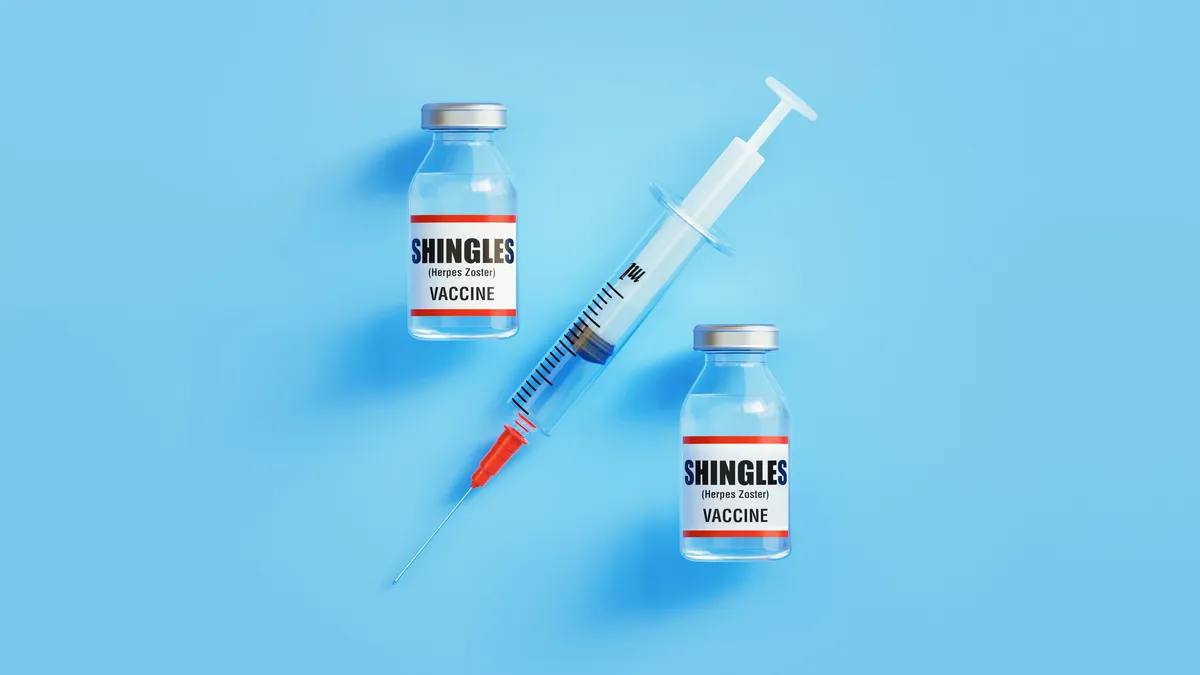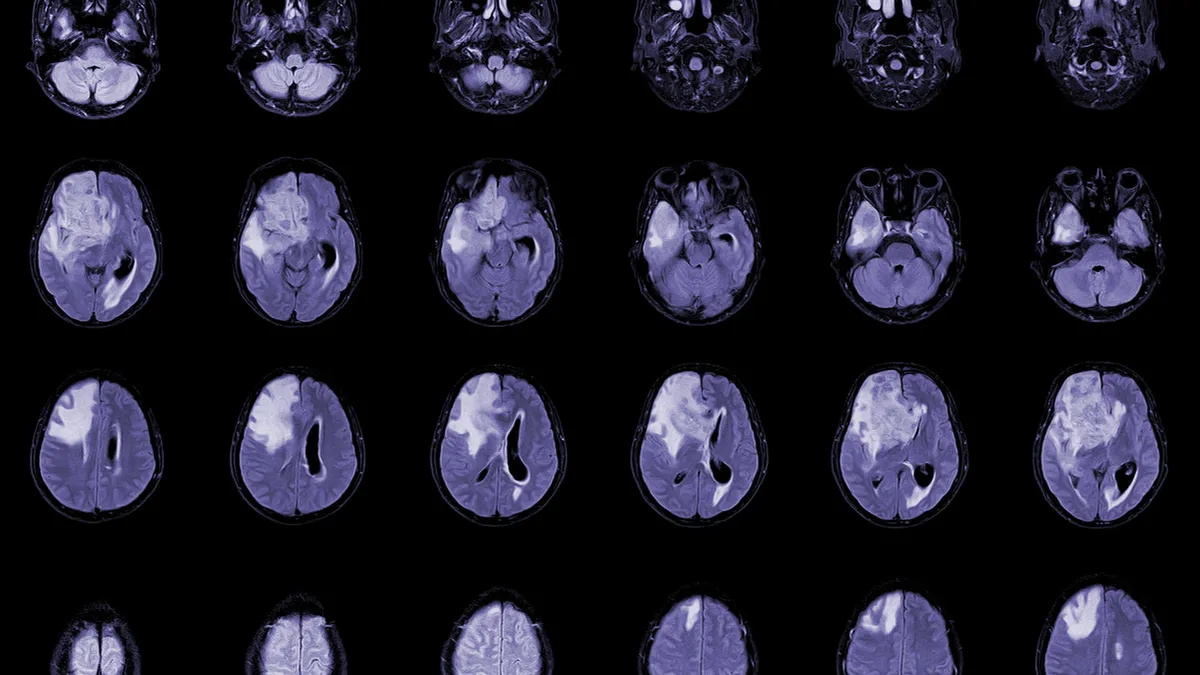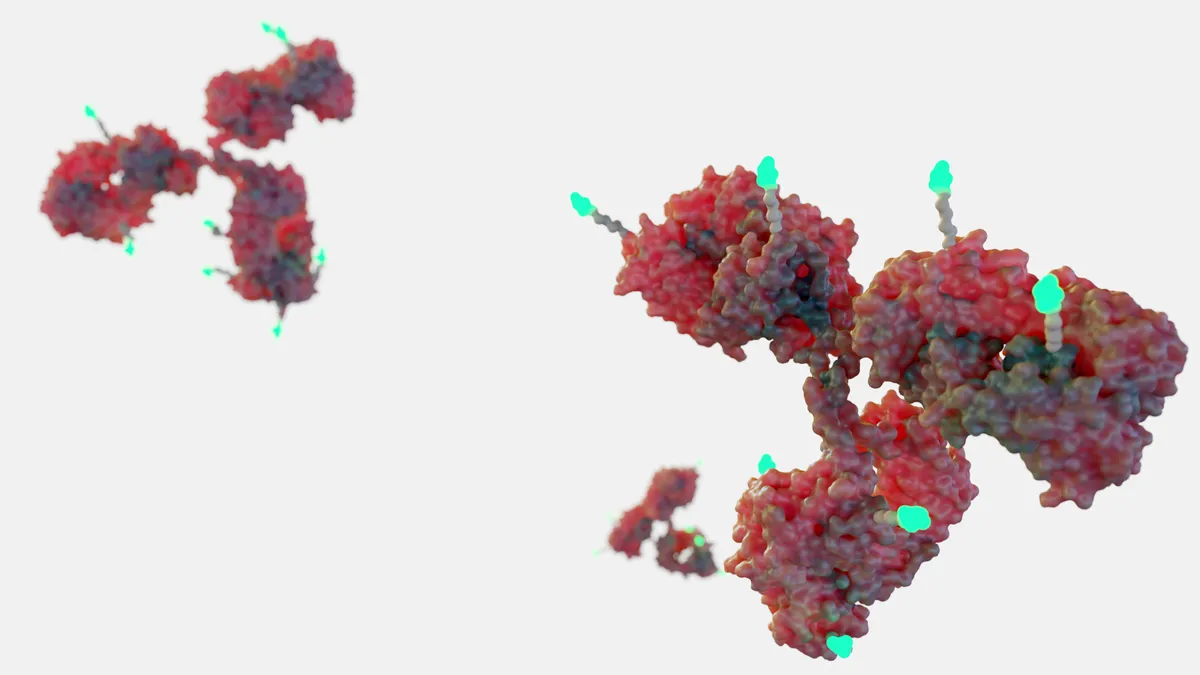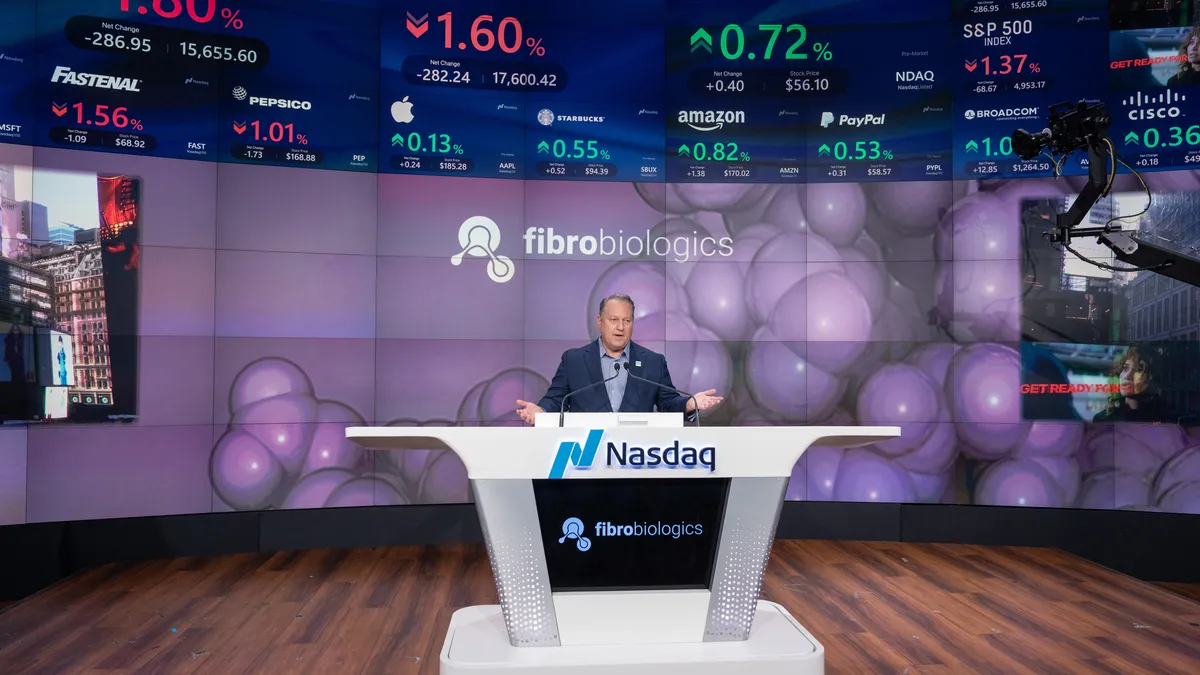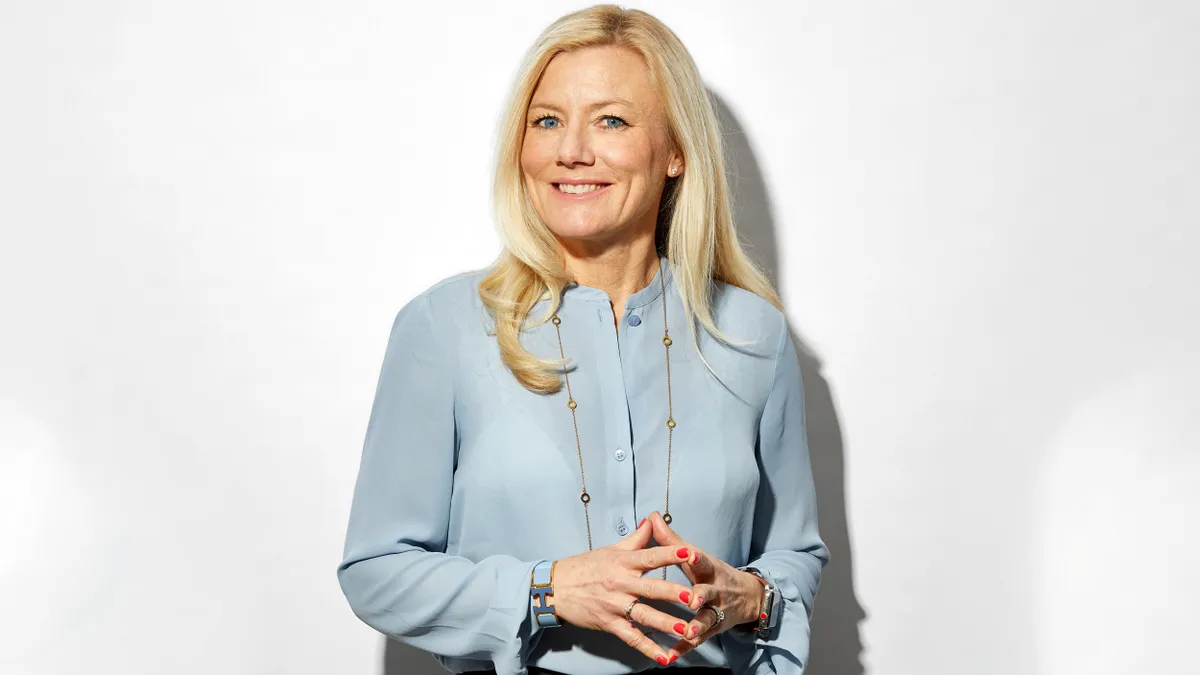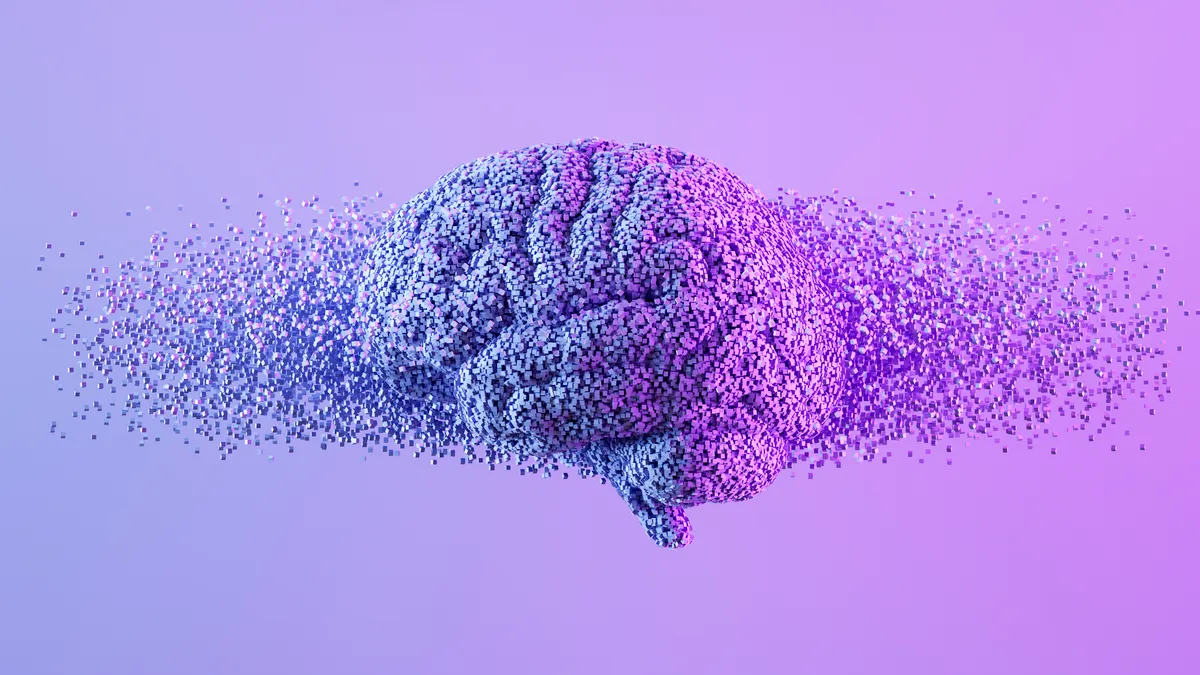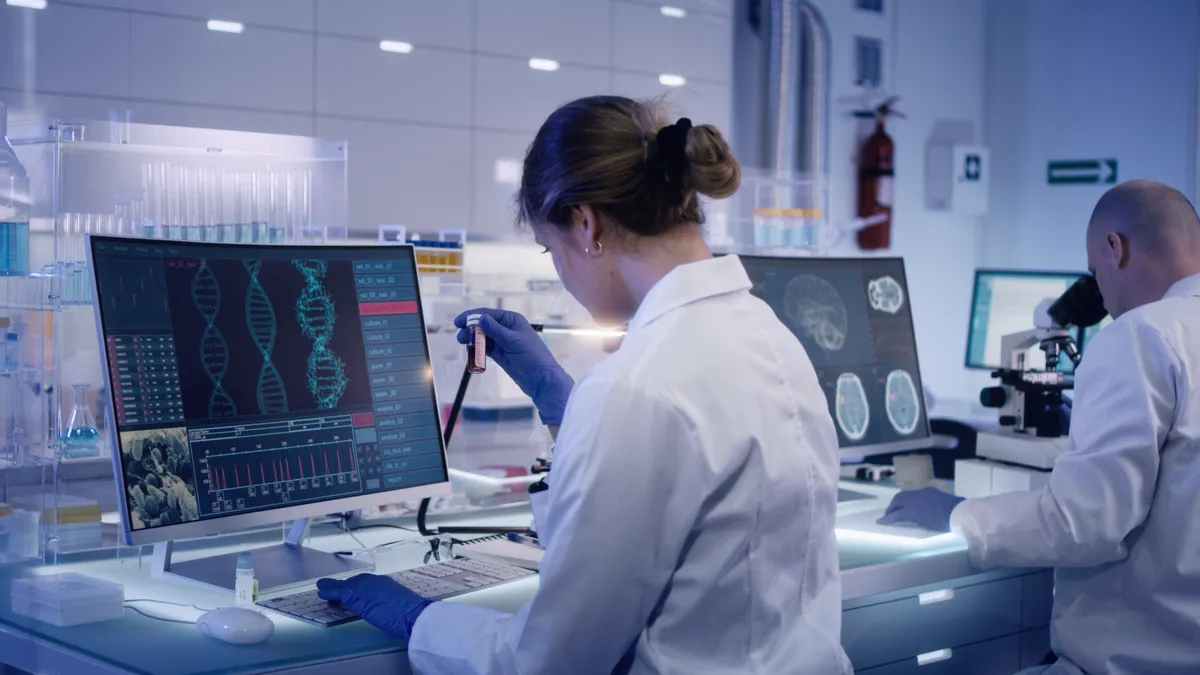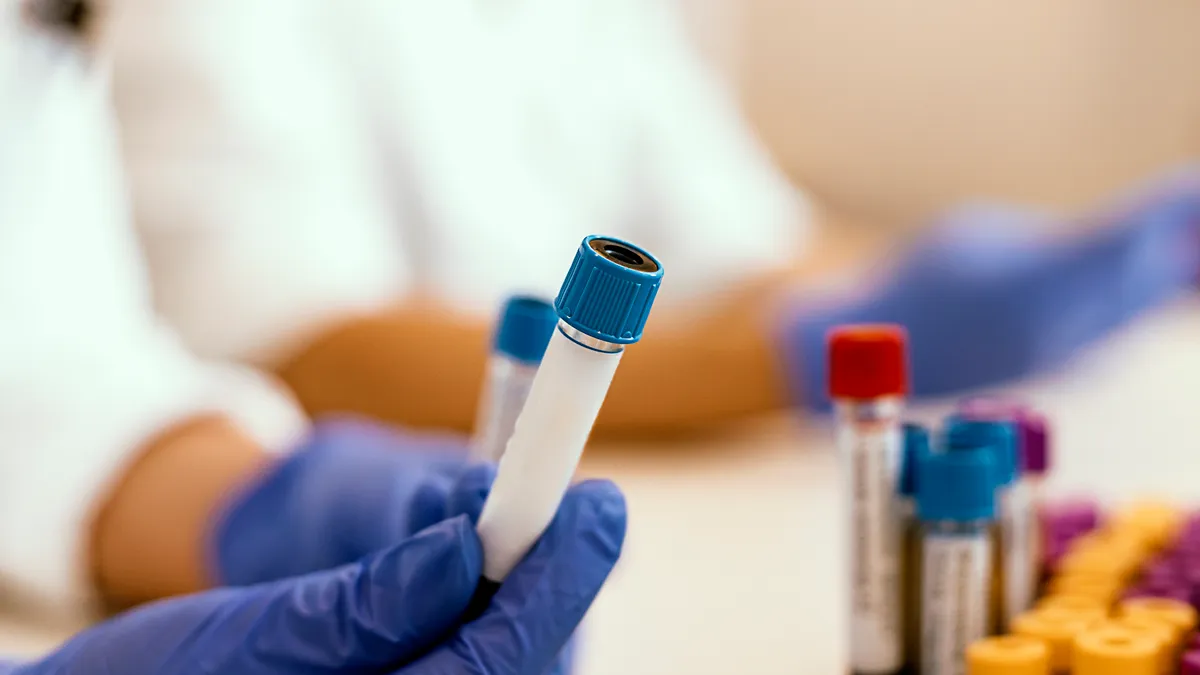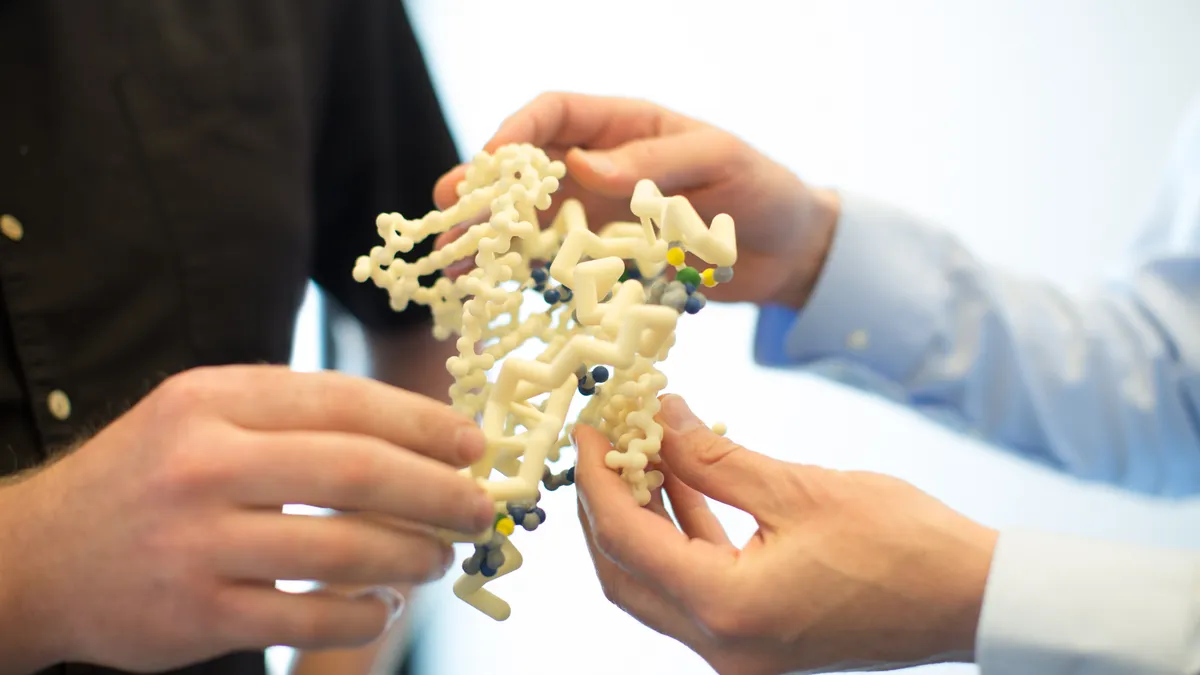Welcome to today’s Biotech Spotlight, a series featuring companies that are creating breakthrough technologies and products. Today, we’re looking at Brii Biosciences, which is working on new treatment options for postpartum and other forms of depression, anxiety and infectious diseases.
In focus with: Dr. Aleksandar Skuban, head of CNS diseases therapy area; and Coy Stout, head of patient advocacy, Brii Biosciences

Brii Biosciences’ vision: To develop a fast-acting treatment for postpartum depression, a serious mood disorder that affects one in every seven women after childbirth. The company’s long-acting injectable, BRII-296 is now moving into phase 2 and was developed to eliminate the need for daily pills or lengthy infusions, which could help reduce the hassle and stigma associated with the condition.
BRII-296 and a second investigational drug BRII-297 may also treat other types of depression, including major depressive disorder and anxiety. With a stated mission to help those with stigmatized conditions and high unmet need, Brii is also testing drugs for several infectious diseases, including HIV and hepatitis B.
Why it matters: Bringing home a new baby is supposed to be blissful, but for many women who suffer from the persistent sadness and apathy that comes with postpartum depression, it’s anything but.
“There's so much shame and stigma about saying, ‘I need help,’ at a time when everyone in society is telling you that you should be happy,” Coy Stout, head of patient advocacy, said.

Historically, women with postpartum depression had few treatment options, but that changed in the past four years with the approval of two antidepressant drugs — both neuroactive steroids targeting the gamma-aminobutyric acid A (GABAa) receptor — for the condition.
In 2019, the FDA approved Zulresso from Sage Therapeutics and earlier this month, gave the nod to Zurzuvae, the product of a much-heralded Sage, Biogen collaboration that showed significant improvement over a placebo and positive results as early as day three. Studies also showed that it maintained the effect for four weeks after women stopped taking the medication.
Brii is now looking to add to the offerings in this growing market, which is projected to hit $42.37 billion by 2029. Like Zulresso and Zurzuvae, its investigational drug BRII-296 is a GABAa receptor-positive allosteric modulator, but with key differences from its predecessors, Dr. Aleksandar Skuban, head of CNS diseases therapy area, said. The single long-acting injection, which continues working for weeks after administration, could one day be provided during an outpatient visit, making it more convenient than Zulresso, a closely-monitored 60-hour IV infusion given at a certified health facility, which carries a hefty $34,000 price tag, or Zurzuvae, a once-daily pill taken for two weeks. It could also reduce the number of needed healthcare visits — a boon amidst the growing shortage of mental health providers.
In addition to postpartum depression, Brii Bio is also exploring indications such as anxiety and other depressive disorders. Company leaders hope to have better luck than Biogen and Sage on that front. Although the FDA approved Zurzuvae for postpartum depression, the agency rejected the drug for major depressive disorder, potentially stunting its earning potential. Clinical trials for this indication showed mixed results and a complete response letter from the agency said there wasn’t enough evidence that the treatment worked.
The road ahead: Skuban said the company hopes to begin its phase 2 trial for BRII-296 in the next quarter. BRII-297, meanwhile, is in phase 1 and the company plans to firm up its indications by year’s end.
“At the end of the day, I think the overall treatment of mental health disorders is leaping forward, with many biotech companies doing this and we’re really fortunate to be in this space,” Skuban said.


